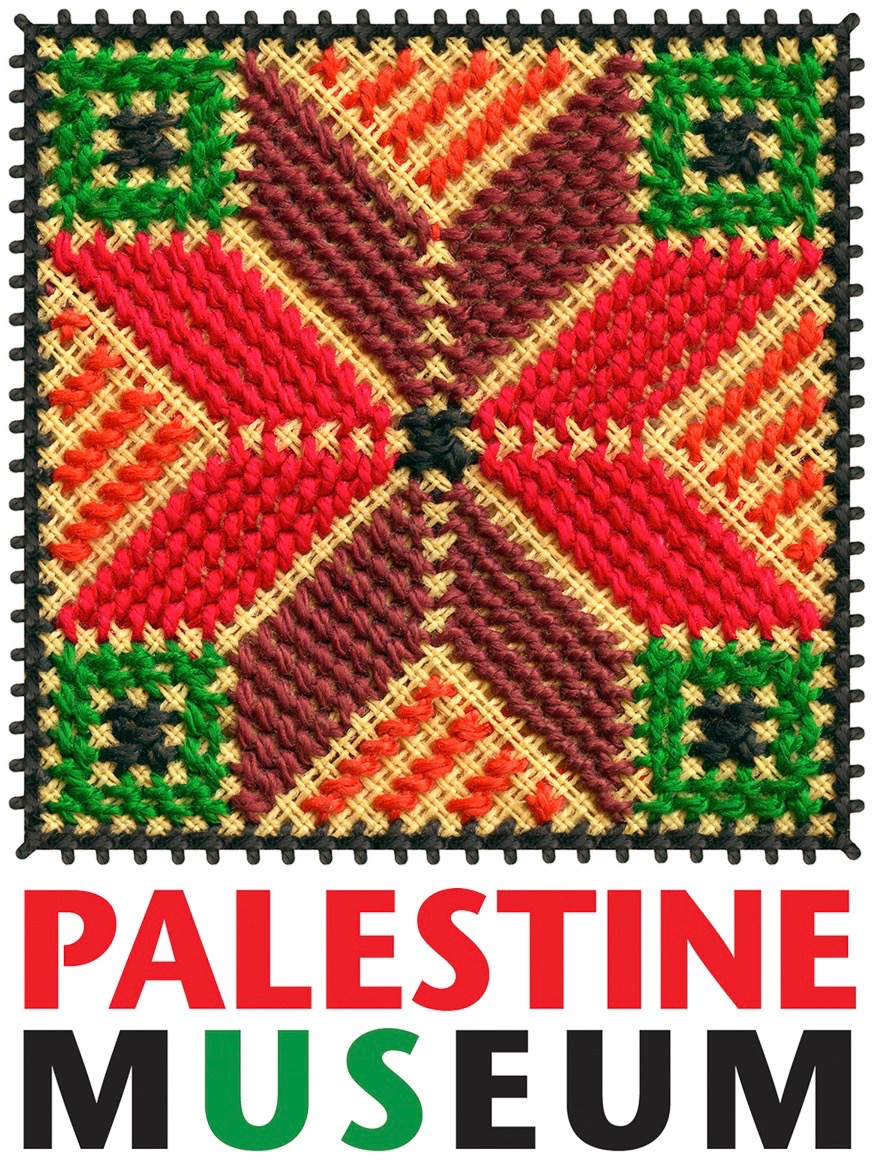Click here to watch the film trailer.
Click here to register for this event.
SYNOPSIS
Voices Across the Divide is a powerful documentary and oral history project exploring the Israeli/Palestinian conflict through rarely heard personal stories. Narrated by Alice Rothchild, an American Jew raised on the tragedies of the Holocaust and the dream of a Jewish homeland in Israel, the film follows my personal journey as I begin to understand the Palestinian narrative, while exploring the Palestinian experience of loss, occupation, statelessness, and immigration to the US.
Voices Across the Divide shares the stories that are rarely told, delv- ing into this anguished history and the lives of Palestinians throughthe vehicle of individual and family memories, bringing the conflict to
its most personal and intimate level with honesty, humor, outrage, and tragedy. As an adult, I realized that I had never met an Arab before and that I had only learned one part of this complex history. The documen- tary is both my personal journey to understand the Palestinian narrative as well as the implications and contradictions of deeply held cultural beliefs in the Jewish community. The exploration of moments in history and daily life are used as metaphors for the larger issues of British co- lonialism, the 1948 and 1967 Arab/Israeli wars, the Palestinian experi- ence of dispossession, loss, statelessness, refugee status, occupation, immigration, and activism. By interviewing Palestinian families living in the US who are survivors of the Nakba, (also known as The Catastro- phe or War of Israeli Independence), and the Naksa (also known as the Six Day War), the film creates an oral history of the Israeli-Palestinian conflict through the eyes of Palestinians and the heart of a Jew. Explor- ing these stories, my film confronts commonalities of trauma, yearn- ing, immigration, and the realities of injustice, dispossession, and the imbalance of power. The narratives humanize this tortured and mis- understood history and raise voices to build a just peace in Israel and Palestine.
no Palestinians and no Nakba. There was no doubt that this land belonged right- fully to the Jews. In 1981, my mother, Sylvia Rothchild, published Voices from the Holocaust, which chronicled the oral histories of survivors of the Nazi Holocaust. Immersed in these stories, I began to understand that buried in the wounds of my own people’s near annihilation, another people’s story was lost.
The film opens with interviews of Palestinian survivors of the 1948 and 1967 wars to personalize the factual narrative for those unfamiliar with this history. This intimate storytelling provides an opportunity to explore from the vantage point ofa Jewish American, the voices of Palestinians and to find the human commonality. Facing the truth of Palestinian dispossession is both central to understanding and peacemaking, and the most difficult of tasks. In the film the personal narrative is central, starting with my journey as a Jew born in 1948 to first generation parents, growing up with Israel as a friend, a source of pride, and ultimately my heartbreak. Like many Jewish Americans, I succumbed to the national mythos; there were
From here, the film explores interviews with Palestinians from Ann Arbor to Boston, asked to tell their Nakba stories. The act of the Palestinian telling and the Jew lis- tening depicts a sharing of consciousness, humanity, and reconciliation on a most personal level. The stories reveal a Nakba that has never ended, starting before 1948 through 1967 to the present, revealing the ongoing trauma of statelessness and the complicated issues of identity and personal agency in the face of loss and rebuilding. Using these personal narratives with historical and modern day photos and footage, maps, and an original musical score, a powerful emotional under- standing is created.
Voices Across the Divide is geared towards a broad range of audiences, from uni- versity students to faith communities to social justice organizations, as well as the general public. There is also a website for further research with historical timelines, resources, and many of the full interviews.
While the language of the documentary is English, Hebrew and Arabic subtitles are available. The documentary will appeal to Jewish and Arab audiences and will be offered to independent, Jewish, and Palestinian film festivals, public televi- sion, cable TV, and independent theaters. The documentary will be submitted to film festivals focusing on human rights, peace and political activism, Middle East issues, and women’s voices. Voices Across the Divide is also appropriate for uni- versity courses dealing with topics such as: the Middle East, the Holocaust, peace and conflict studies, and Jewish and Arab history.
By weaving in an understanding of the Holocaust, the documentary uniquely en- gages the audience in Jewish history and then invites the viewer to see and hear the ramifications of the founding of the State of Israel for the people who bore the consequences of that reality. Ultimately the Palestinians interviewed speak pow- erfully of their family traumas, their resilience, and their call for political action to resolve this conflict.
